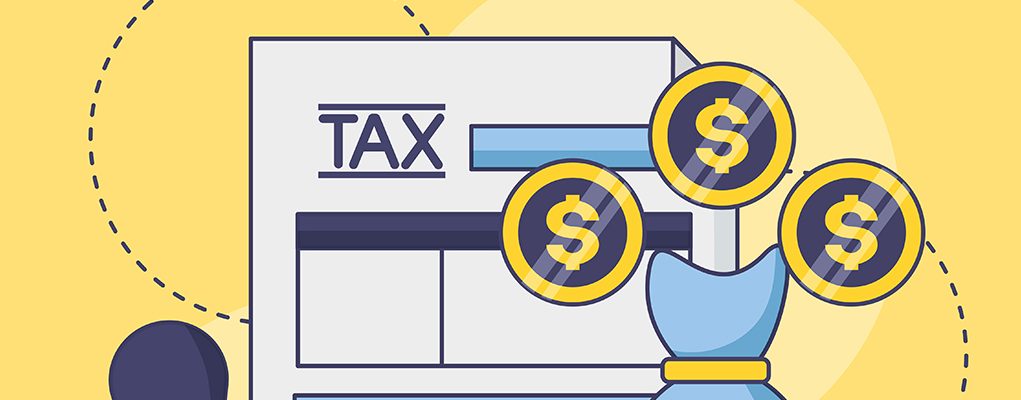He said that the 70% tax proposed under House Bill 537 would bring the tax of vapes to be at par with that on cigarettes, and he believes that this would be a good move. “Nicotine is about as addictive as heroin, but we are selling (nicotine) over the counter, and (it) has many negative health effects that we, as a society, will have to deal with down the line,” he said.
Meanwhile, in line with previous findings, a new paper published in the Journal of Health Economics suggests says that setting harsh vape taxes on vaping products just leads to an increase in cigarette sales.
The burden of vape taxes is felt mostly by consumers
A group of researchers including US leading tobacco economist Michael Pesko, a leading tobacco economist in the United States tracked the weekly sales of a large percentage of national retailers and the total sales among drug stores, food stores, dollar stores, club stores and mass merchandisers.
The compiled data indicated that the burden of vape taxes is felt mostly by consumers as the tax tends to be translated into higher consumer prices. Moreover they found, this increase in retail price meant that most vapers reverted back to purchasing cigarettes. “Our study finds that for every one Juul-sized e-cigarette eliminated as a result of an e-cigarette tax, 1.9 packs [of cigarettes] are purchased instead,” said Pesko.
On a similar note, in a recent episode of RegWatch, tobacco control experts Dr. Kenneth Warner and Cliff Douglas discussed Canada’s imminent excise tax and its likely ramifications. The nationwide excise tax is going into effect soon and tobacco control experts are highlighting that this could be a massive public health blunder.
Read Further: Civil Beat








